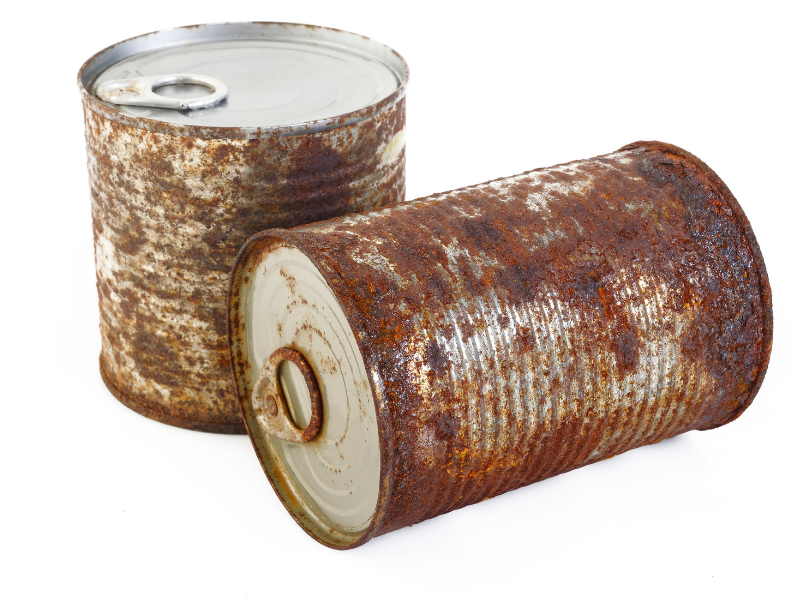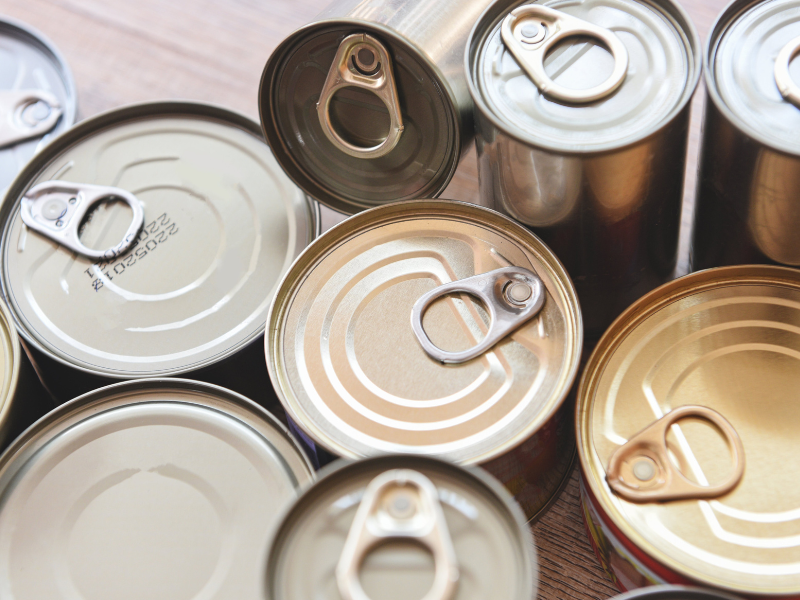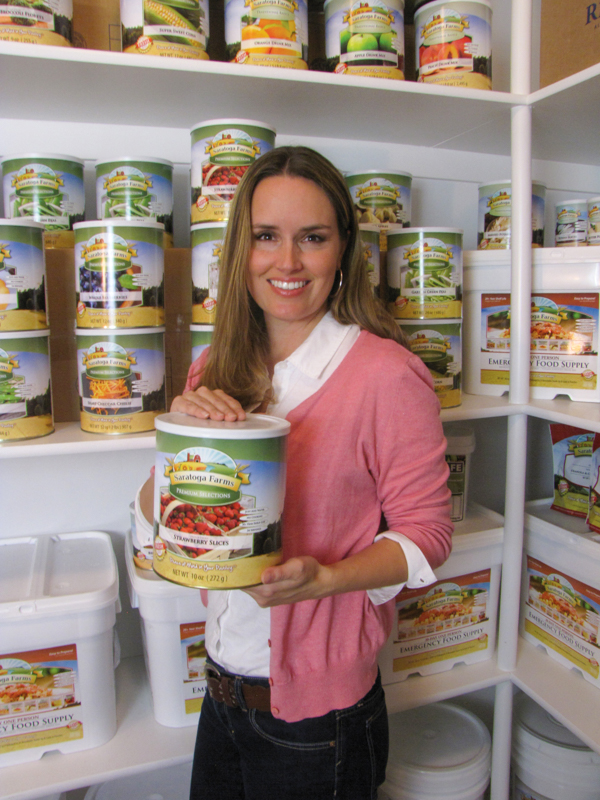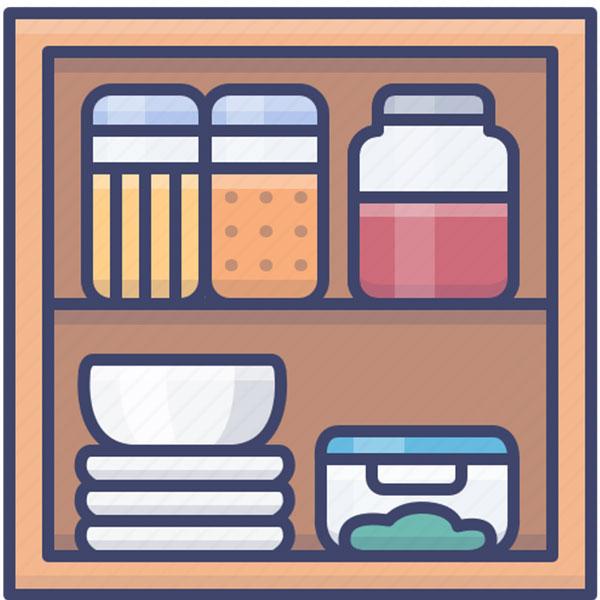We've all stood in the pantry or basement storage, holding an expired can of corn and wondering if it’s still safe to eat. The safest advice? **Respect the expiration date.** But in an emergency where an expired can of food is your only option, here are the critical signs to check before consuming it.
1. The Lid
Inspect the lid carefully. A safe can should have an inflexible, firmly sealed lid. If you can press the lid and it moves, it’s unsafe to eat the contents.
2. Rust and Corrosion
Rust and corrosion can compromise a can’s integrity, even if the damage appears minor. Tiny micro-holes can form, allowing air and bacteria to enter the can.

3. Leakage
If the can leaks, bacteria can enter. Look for stained labels or any visible liquid on the outside, as these are signs of leakage.
4. Bulging Can
Bulging is rare, but it’s a major red flag. Bulging cans indicate possible botulism. Do not open or consume food from a bulging can.
5. Pressure Release Sound
If you hear an audible “hiss” or pressure release when opening the can, air has likely entered, increasing the risk of bacteria growth. Avoid eating it.
6. Mold on the Lid
Check for mold on the underside of the lid. Mold signals that the seal failed, allowing oxygen to enter the can.
7. Dented Can
Dents are common, but even small dents can cause micro-holes. If the can is dented, it’s better to throw it out, as air can sneak in and cause spoilage.
8. Unpleasant Smell
Always rely on your nose. If the food has a foul smell, discard it immediately and ensure pets or children don’t access it.
9. Bubbles in the Liquid
Most canned foods may have some bubbles, but **excessive bubbles** can indicate gas buildup from bacteria. It’s not worth the risk.
How to Safely Dispose of Damaged Cans
To avoid spreading harmful bacteria or diseases:
- Place bulging, leaking, or rusted cans in a zipper bag.
- Seal them and wrap in another layer of plastic.
- Dispose of them in outdoor trash bins, not recycling.
- Thoroughly clean any surfaces that touched the can’s contents using bleach or antibacterial cleaners.
Always wash your hands thoroughly after handling damaged cans.
Preventing Canned Food Spoilage
Canned food is one of the safest and most reliable ways to preserve food. Remarkably, cans recovered from historic shipwrecks like the Arabia Steamboat and the Bertrand Steamboat were found to contain safe and nutrient-rich food over 100 years later!

Best Storage Practices
To keep your canned food fresh and safe:
- Store cans in a cool, dark place like an unlit pantry or basement.
- Avoid direct sunlight or extreme temperature changes.
- Use shelving systems to maintain a rotating stock of food.
**Pro Tip:** A rotating system ensures you use older cans first, so you’ll never have to question their safety.
Conclusion
While canned food can remain safe for years, it’s important to respect expiration dates and look for signs of spoilage. Always use caution, especially when eating stored or expired foods.
What do you do when you find an expired can in your pantry? Share your tips in the comments below!













